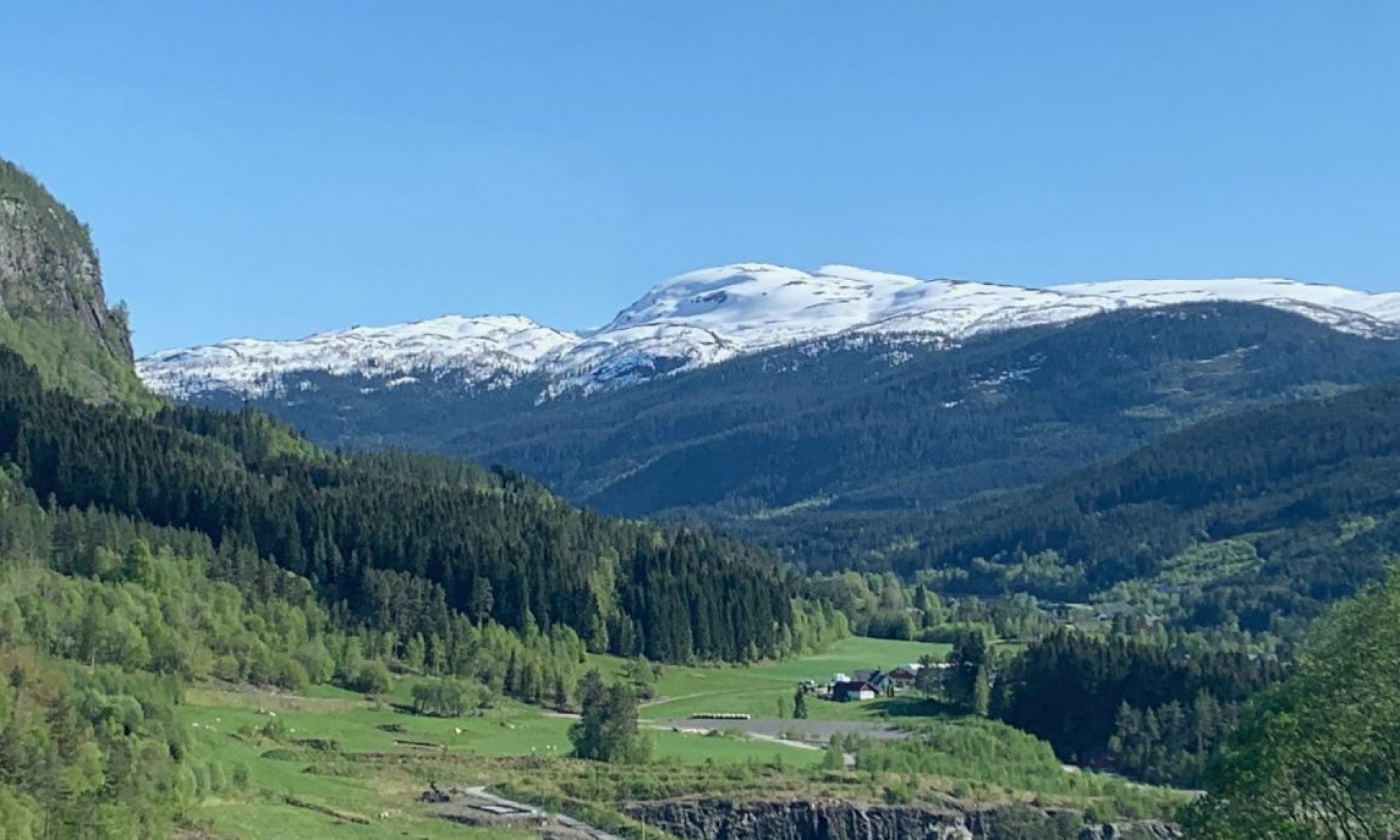The 14th Bergen International Postgraduate Symposium in Old Norse Studies
The Bergen Symposium was a four-day conference (17th-20th April 2023), with papers covering a diverse range of topics in Norse studies and delivered by postgraduate students representing eleven different universities across Europe. This was a highly enjoyable and beneficial experience, and I am most grateful to the VSNR and their Research Support Fund for providing me with the funding I needed to travel there.
Situated between bright blue sea and awe-inspiring mountains, Bergen is a truly beautiful city. It is also an exciting site for medievalists, being home to the World Heritage town of Bryggen (a 14th-century trading centre) and the hall of the 13th-century King Hákon Hákonarson. Naturally, as a budding medievalist on my first trip to Norway I was eagerly darting between all these sites – as were many of us at this Symposium. Not too far away, there is also the 12th-century Cistercian monastery, Lyse kloster, and the Hordamuseet with its collection of boats and an Iron Age excavation site; we visited these sites on the final day. In Bergen, any keen scholar of Norse studies is always bound to learn something fascinating and useful to their research.
Yet the greatest proportion of our time was spent in the equally fascinating talks. With topics ranging from linguistics and corpus research to literature and palaeography, each day filled a new hive of knowledge. Additionally, the Symposium was also immensely beneficial for gaining presentation experience. For myself and many others, as young academics this was our first time delivering a formal paper in front of an audience. Far from this being intimidating, personally I found it great fun to share my own research on dreams and Gísla saga Súrssonar with other students and professors of Norse literature and to hear their feedback on my ideas. I now look forward even more to developing my ideas in response to the questions I was asked in Bergen, and consequently am certain that my future PhD will be a more relevant and solidly-argued contribution to the field of Old Norse studies.
Thus, the Bergen Symposium was a thoroughly enjoyable experience for everyone present. There was so much to learn from the talks and the city itself, and together these made the week truly inspirational for us as the next generation of Norse scholars. Special thanks is due to Helen Leslie-Jacobsen of the University of Bergen for organising this conference, and to the VSNR for making it possible to attend.
